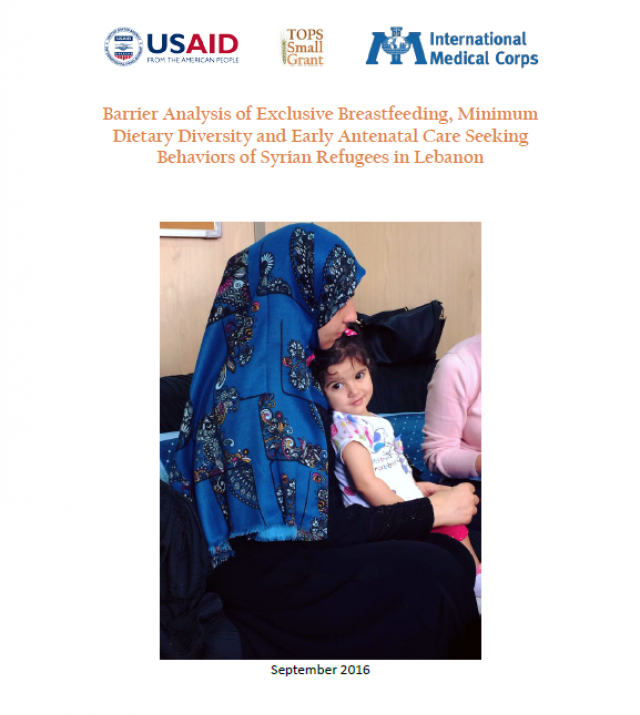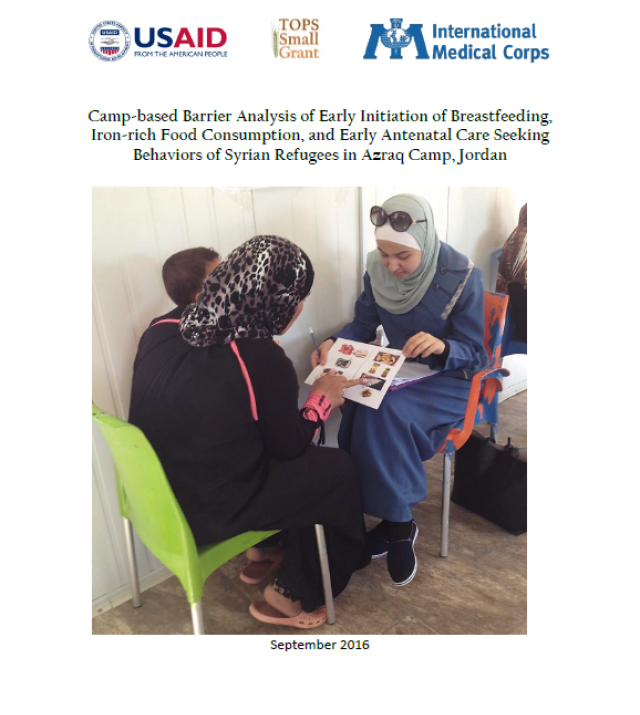Determined Behavior Change: A Comparative Study of the Application of Barrier Analysis Methodology

Barrier Analysis is a methodology for better understanding the underlying determinants or factors that influence individual behavior choice. It is commonly used in the field of development work to conduct formative research to more appropriately plan interventions by identifying which of these underlying determinants play the most prominent role in decision making. It has also been used to respond to underperforming indicators revealed by program monitoring, specifically to troubleshoot gaps between knowledge improvement and the adoption of new behaviors.
This review examines 29 Barrier Analysis studies conducted to support Mercy Corps program activities across 7 countries. The behaviors investigated include a range – from health and sanitation (i.e., hand-washing), to agriculture (post-harvest maize storage), to community response in emergencies (household reporting of suspected Ebola cases). This paper correlates findings, identifies subsequent program impacts, and ultimately analyzes the effectiveness of Barrier Analysis as a research tool to advise social behavior change components of development programming.

